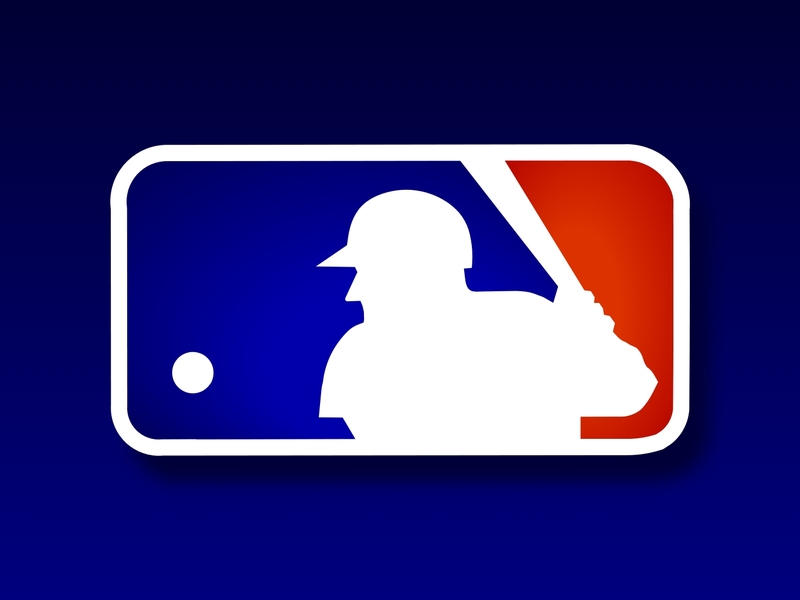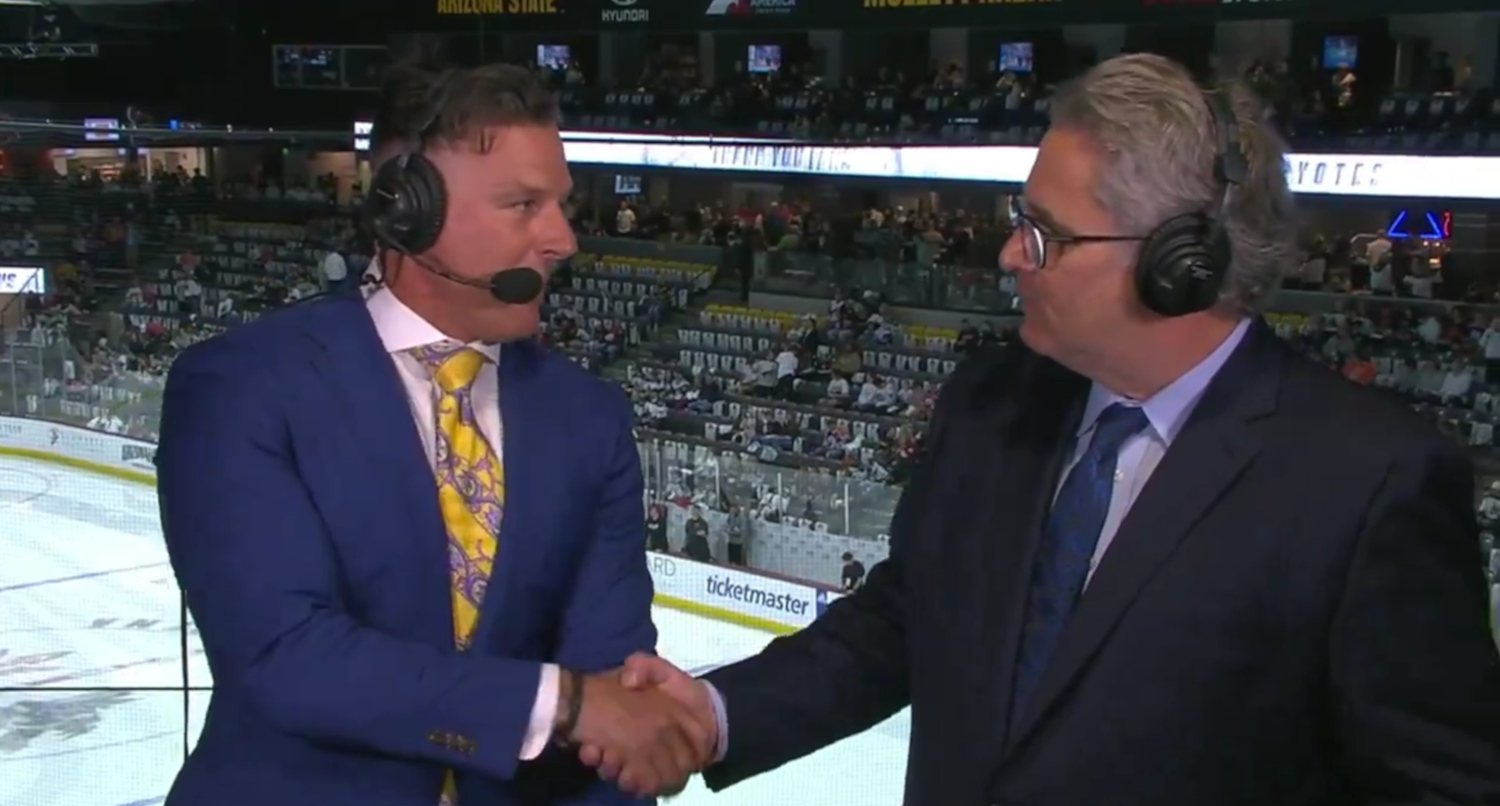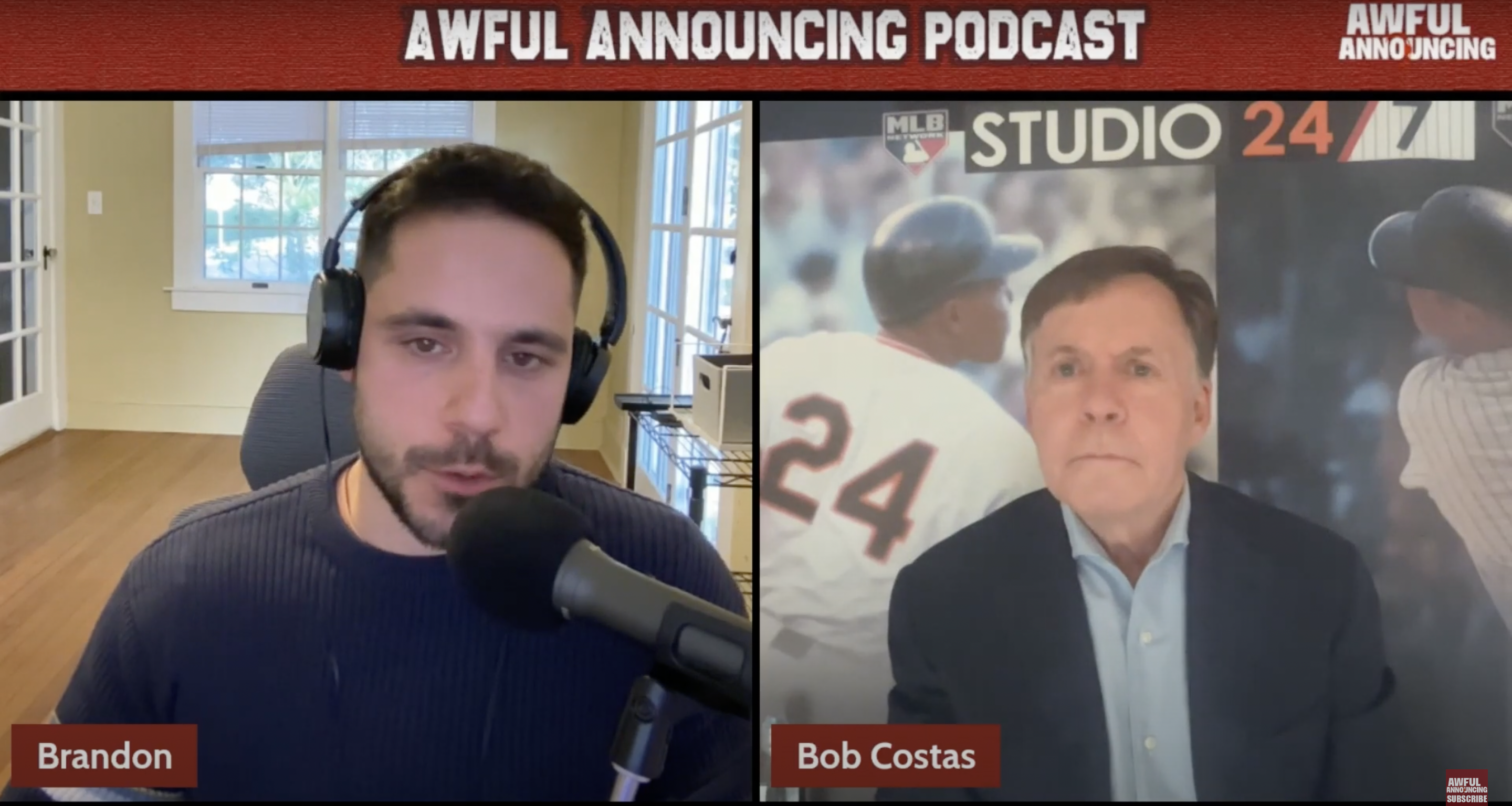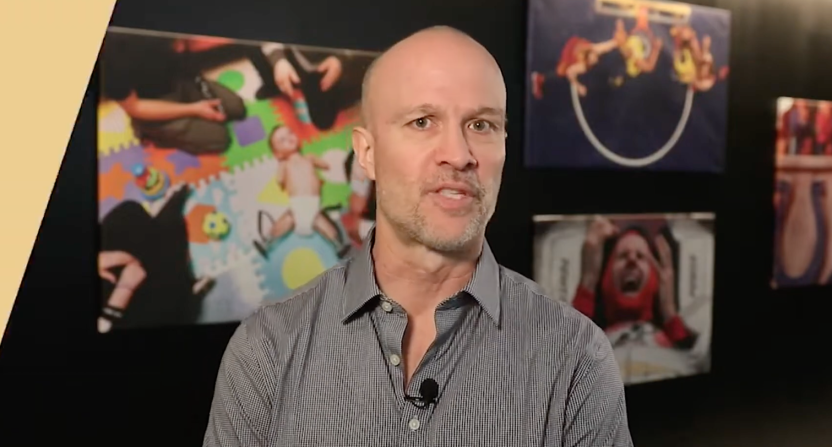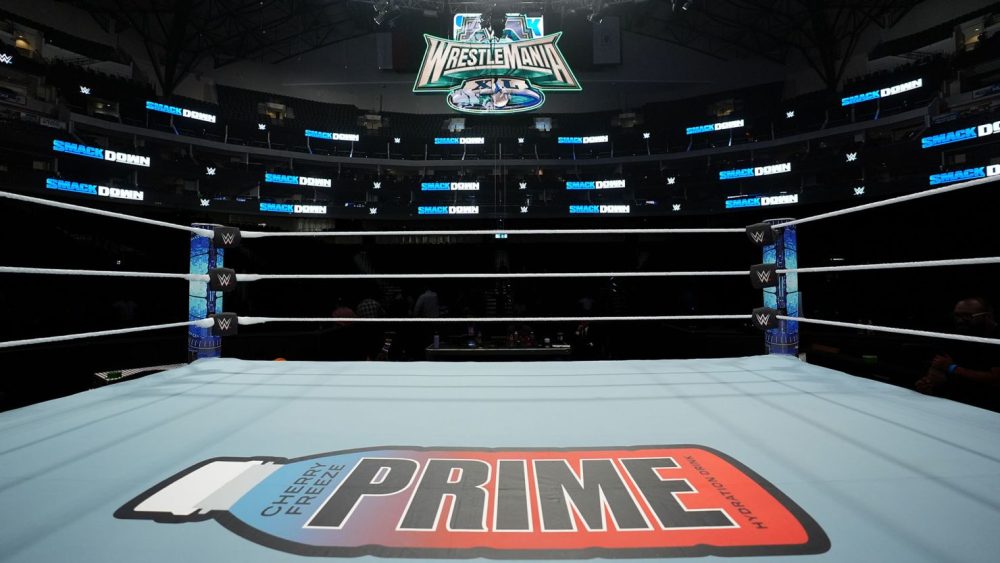There's a rather interesting article from the Wall Street Journal essentially making the case that kids aren't watching baseball because the game is too slow and as a result, the game needs major changes.
This has been a common complaint amongst those who follow the sport with baseball losing younger fans. The baseball audience is old and getting older:
"The average World Series viewer this year is 54.4 years old, according to Nielsen, the media research firm. The trend line is heading north: The average age was 49.9 in 2009. Kids age 6 to 17 represented just 4.3% of the average audience for the American and National League Championship Series this year, compared with 7.4% a decade ago.
Comparisons with the NFL are pointless. That behemoth of North American sports dominates nearly every demographic. But kids make up a larger segment of the television audiences for the NBA, NHL and even soccer's English Premier League than they do for baseball.
Kids accounted for 9.4% of the NBA conference finals audience this year, compared with 10.6% a decade ago. They represented 9% of the NHL conference-finals audience in the spring. For Premier League soccer on the NBC Sports Network, kids are accounting for 11% of the audience."
The major talking point from WSJ in that baseball needs to be sped up to attract kids. If the game is sped up, more kids will watch. That line of thinking plays on a false narrative – games take so much longer now! The Journal draws comparisons to the LCS matchups in 2003 to this year's matchups. This year, four of 18 games were under three hours. In 2003, five of 20 games were under three hours. What a huge difference!
There's also this belief that if kids aren't watching baseball, they're not baseball fans. That's not true either – there are simply more options out there for kids. A decade ago, how many kids knew what the Premier League was? How many kids could tell you who Milan Hejduk, Markus Naslund, or Todd Bertuzzi (the NHL's top three goal scorers for 2002-03) were as opposed to how many kids today could tell you who Alex Ovechkin, Steven Stamkos, or John Tavares are today? The NBA didn't have a marketer's dream like LeBron James a decade ago either.
Ten years ago, football didn't even have a neverending supply of superstars. You couldn't market Trent Green, Marc Bulger, Jamal Lewis, or Ahman Green like you can market Aaron Rodgers, Marshawn Lynch, or Drew Brees today.
That's why baseball is struggling among kids. It's not the pace of the game, the length of the game, or the late start times – it's all about marketing. Joey Votto is one of the best players in baseball, but when was the last time you saw him in a commercial? Chris Sale is the best player in the city of Chicago, one of the largest media markets in the country – but could a non-White Sox fan even pick him out of a lineup? If Andrew McCutchen shaved his head, could he walk into any convenience store in Pittsburgh and buy a candy bar?
The NFL has succeeded because of how strong their brand is. But in addition to their brand, they know how to market their players and keep the pipeline of stars flowing along. In recent years, MLB has gotten a lot better at promoting the youth of the sport, but it's going to take some time for those younger stars to become household names and faces. There's not a lot you can do when guys like Eric Hinske, Jason Jennings, Angel Berroa, and Scott Williamson are winning the Rookie of the Year award, but players like Bryce Harper, Mike Trout, and Buster Posey can help turn the tides and get young fans back into the game.

